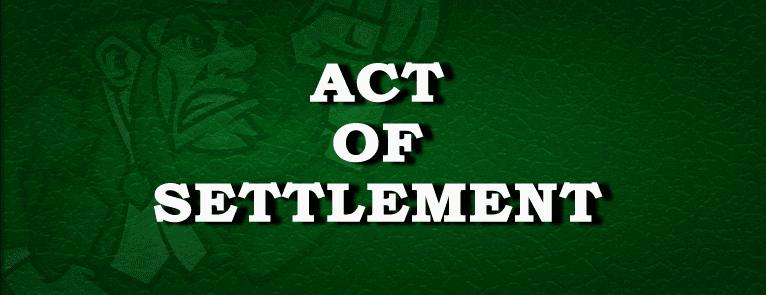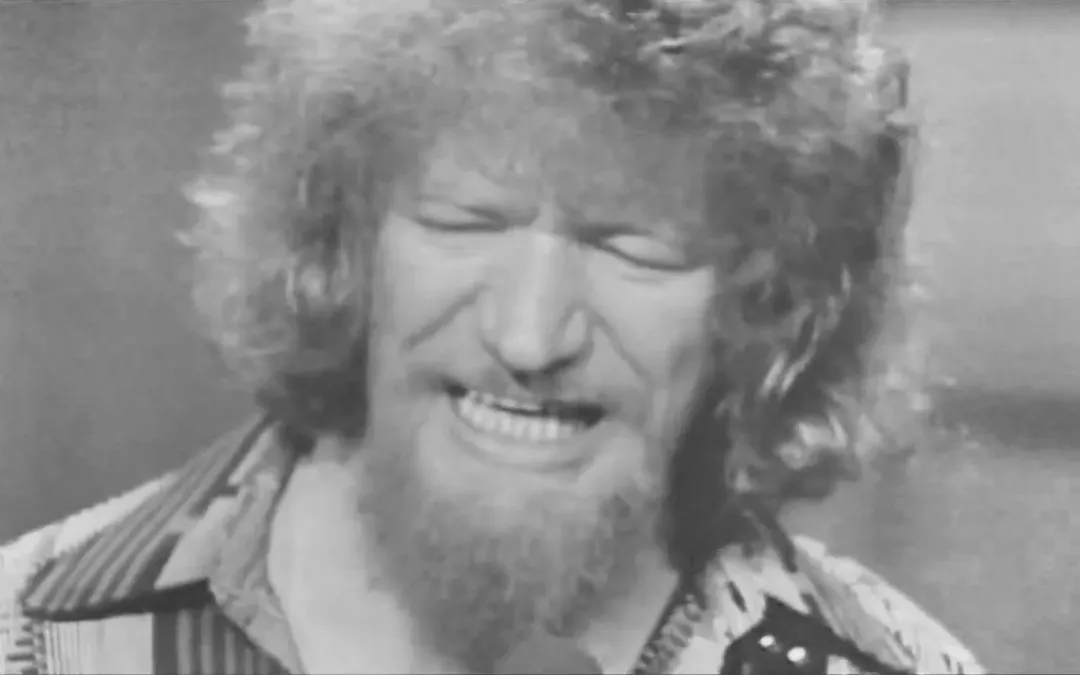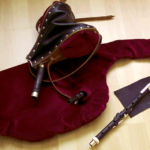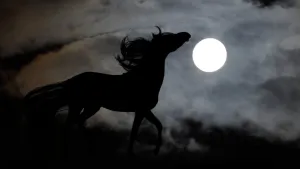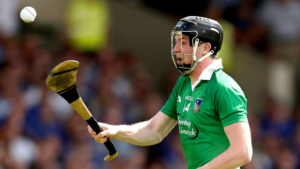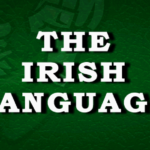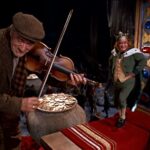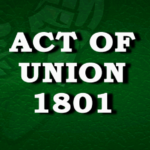In 1660 the Monarchy was restored in the person of Charles ll as monarch of the three kingdoms of England, Ireland and Scotland.
Those Royalists in Ireland who had land confiscated under the Commonwealth government petitioned the King to return their properties back to them. First amongst these was James Butler, the 1st Duke of Ormonde, who had led the Royalist forces in Ireland from 1641 to 1650.
Passing the Act of Settlement
In response to the pleas of the disenfranchised Royalists, the Act of Settlement was passed in 1662 by the Irish Parliament. However this parliament was totally Protestant as Catholics had been barred from standing for election and as a result, an amendment was made to specify that only those who had fought as Royalists and those who were considered to be “innocent Catholics” were to be rewarded back their properties.
The return of land ownership
Those who had been in the Irish Confederate Army were to be regarded as murders and rebels and therefore not included. In this settlement, most of those favoured were Old English and they recovered most or a large proportion of the lands confiscated from them. The Confederates, mostly Gaelic Irish, received very little.
By 1685 the proportion of Catholics owning land in Ireland grew from 8% to 20%.
The outcome of this was the establishment of the Protestant Ascendancy which governed Ireland in after years. It legalised the confiscation of lands which had been the property of those who had participated in the Rebellion of 1641 and had served or supported the Confederate forces. It also confirmed the ownership of lands given to adventurers and Cromwellians who “declared submission and obedience to us “(clause 7).
To ascertain who were entitled to regain lost lands, a Court of Claims was initiated to investigate each claim. However, this court found that there were too many innocent Catholics. To break this impasse, a further Act of Explanation was passed in 1665 which declared that Cromwellian settlers were to give back one-third of the lands they now held as a compensation to the innocent Catholics.
